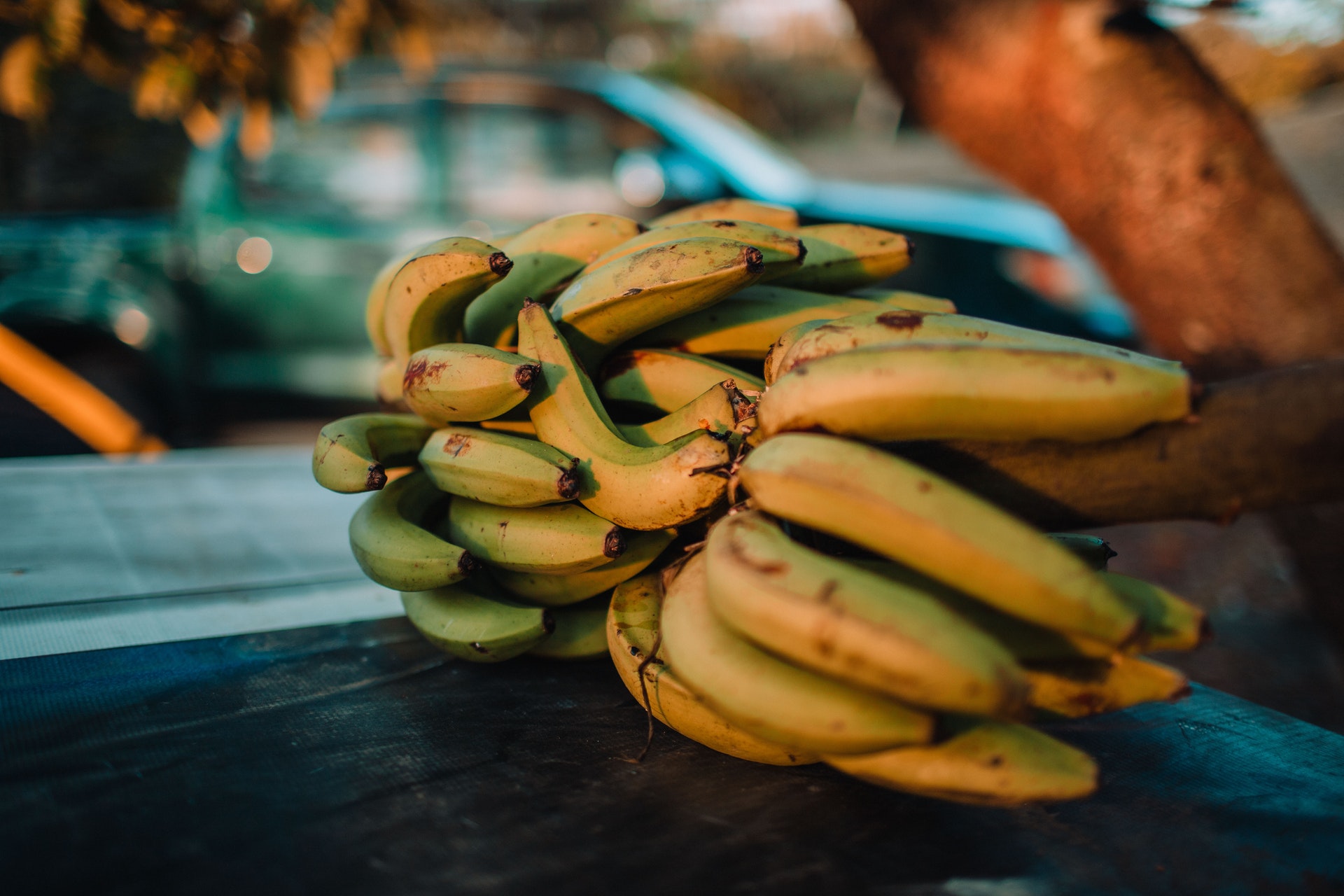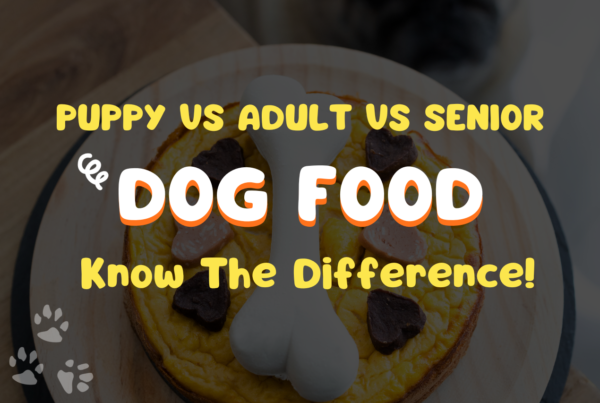
Fruits like bananas, which are high in vital nutrients such as fiber and potassium, can be a nutritious treat for your canine companion. However, because bananas are also heavy in sugar, it is vital to limit the amount of bananas you offer your dog.
Eating an excessive amount of sugar might result in weight gain in your dog as well as irritation of his digestive tube. A half-banana is permissible for large dogs, while two or three slices are permissible for tiny dogs.
Do All Dogs Like Bananas?
It is important to remember that dogs have their own food preferences, and bananas may not be a favorite for your dog. This fruit is best introduced in tiny amounts at first. When it comes to bananas, certain dogs may have an intolerance or allergy.
Take it easy at first and keep an eye out for symptoms like sneezing, coughing, wheezing, itching, or hives. Stop feeding bananas to your pet if you see any of these symptoms. As soon as you see anything unusual, call your pet’s veterinarian right away.
The Health Benefits of Bananas for Dogs
Bananas are safe to feed your dog in the recommended amounts, as previously stated. Bananas have a wealth of benefits for your canine companion. When it comes to your dog’s coat, nails, and immune system, bananas are an excellent source of several vitamins and critical elements.
Giving bananas to your dog can have additional benefits, such as:
- Your dog’s blood pressure can be maintained with the help of vitamin B6 and potassium.
- Because of the magnesium they contain, bananas also help build stronger muscles and a healthier body.
- Another benefit of feeding bananas to dogs is that it helps strengthen their bones by balancing their calcium levels.
- Bananas can also increase your pet’s cognitive abilities, mental acuity, and overall health.
Drawbacks of Bananas for Dogs
Bananas are also heavy in sugar, therefore they should only be given as a special treat on occasion, rather than being included in your dog’s usual diet. Furthermore, while the fiber content in bananas can be beneficial to your dog in modest amounts, if your dog consumes too many bananas, it may actually cause diarrhea instead of preventing it.
Can Dogs Eat Banana Bread?
Providing your dog banana bread is unlikely to cause any harm. However, if your dog is allergic to wheat or is sensitive to other grains, you should avoid giving them banana bread. Sugary banana bread should be avoided. Bread with raisins might be dangerous for dogs because they are highly poisonous.
Can Dogs Eat Banana Peels?
Dogs are unable to consume banana peels, so you must be careful when preparing bananas for them. Banana peels are safe for your dog to eat, but their high fiber content makes them difficult to digest. An obstruction in the digestive tube could result from feeding your dog an unpeeled banana.
Banana peels can also cause stomach disturbances, which can lead to diarrhea and vomiting. Unlike real herbivores, their bodies are unable to process plant matter. A modest amount of fruit or vegetable at a time is all that’s needed for your dog’s health.
How to Serve Bananas for Dogs
Prior to introducing any new foods to your dog or puppy, it’s always best to consult with your veterinarian. Because of his age, weight, and more, they can advise you on how much to serve him. Serve your dog a banana by peeling and slicing it into bite-sized pieces.
If your dog isn’t a fan of fresh bananas, you might choose to give him some frozen ones. It’s another approach to alter the texture of a fruit or vegetable to make it more appealing. It’s likely that an animal sees it as a distinct kind of treat because of the texture and temperature differences.
For those scorching days, frozen bananas are a delicious and refreshing option. You can feed your dog bananas with confidence if you follow these suggestions.
Bottom Line
In the long run, the health of your dogs will be determined by the food you provide them today. As a result, extra caution must be exercised in this situation. Breed, age, and type all have a role in the diversity of the canine population worldwide. As a result, a single food plan for all of them is unattainable. So, always take the advice of an expert while shopping for your pet.






